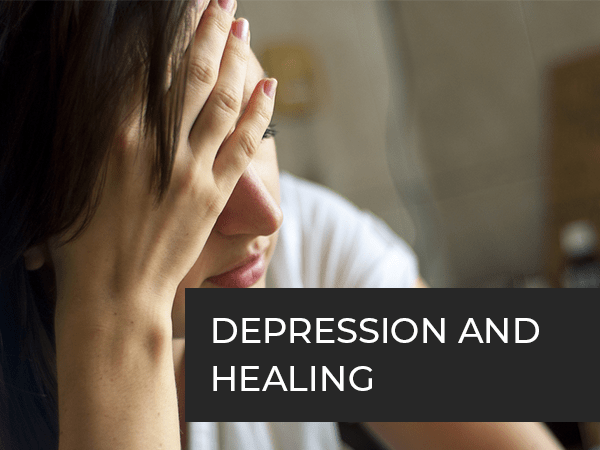A lot is being said and written about depression, especially in the recent times when people decided to come out of the closet and share their experiences with the disorder, to generate social awareness. Also with the increasing pace of life, pressure to achieve at an early age and reduced social & emotional connections, depression is common today as never before.
Though a diagnostic criterion has been enlisted by the WHO for diagnosis of the degree of depression, we sometimes may miss out on common symptoms because of the varying picture it can manifest.
Here are some common changes you may observe in yourself/ someone around you, which may indicate the need for help:
- Loss of interest in activities which were earlier of interest
- Prolonged feeling of sadness/ ‘low’ feeling.
- Loss of/ increased appetite
- Loss of/ increased/ restless sleep or increased sleepiness during the day
- Excessive or unusual crying/ tearfulness
- Loathing (dislike) for life
- Loss of sexual desire
- Disregard of personal self care activities- like bathing, eating pattern, exercise regime.
- Staring in space
- Excessive/ uncontrolled thoughts or inability to think
- Loss of concentration
- Loss of creative thinking
- Dip in performance at workplace/ studies/ household.
- Substance dependency/ abuse like drugs/ tobacco smoking/ alcohol
- Thoughts of suicide or self-harm in any form.
- Agitation/ irritability
- Social isolation- avoiding social events or meeting friends. Prefers staying confined to home.
- Feeling of unworthiness/ extremely low self esteem
- Feeling of tiredness all the time. Low energy levels.
There is no pattern. The changes aren’t always obvious. Often, these may be subtle. Everyone’s experience will differ.
How it can be helped:
- See a QUALIFIED mental health professional/ psychiatrist/ therapist.
- Ignore the stigma associated with depression and seek right help.
- The treatment can be phased into:
- a) Medicines– By a Psychiatrist
Whether medical treatment is required or not, is decided by the degree of depression.
4 b) Therapy/ Counselling– By a qualified Psychotherapist/ Psychological Counsellor
Healers, coaches may offer supportive treatment but are not the substitute for therapy.
4 c) Self care:
- Getting good sleep will help
- Balanced and nutritious diet can help you think clearly and raise energy levels.
- Exposure to morning sunlight for minimum 20 minutes will help the moods.
- Keep active- Exercise may be a challenge but activities like Yoga, Swimming , Walking, Dance form or a Sport can be a big boost.
- Look after your hygiene in simple ways like taking a bath and getting fully dressed
- Make a list of all that makes you happy- activities, places, & people. Try to bring those in your daily routine in moderation.
- Deep breathing techniques and Mindfulness can help focus and thought flow.
- Be self-kind – don’t beat yourself up if you don’t do something you planned to, or find yourself feeling worse again. Try to treat yourself as you would treat a friend.
- Volunteering or offering to help someone out will make you feel better about yourself and help your self esteem
- Keep in touch with friends and family, if not in person, then by way of text/ e-mails.
Let depression be considered as any other ailment and its treatment as important as that of a physical illness. Ignoring the symptoms as ‘a part of life’ will make it severe and intense. It needs to be actively treated, irrespective of the cause.






,